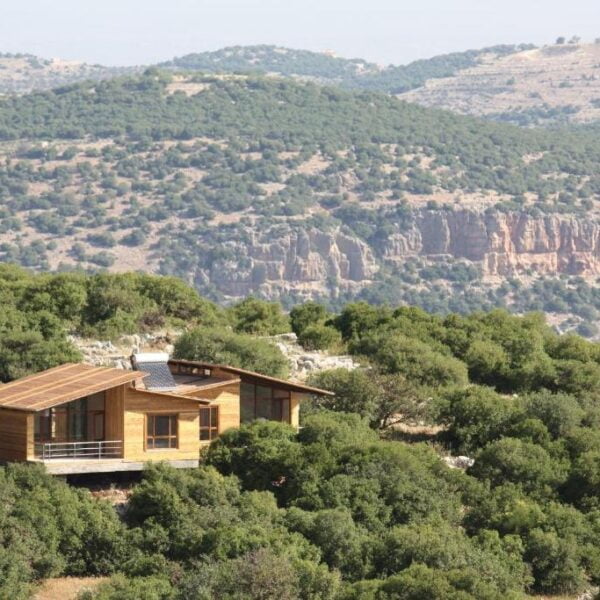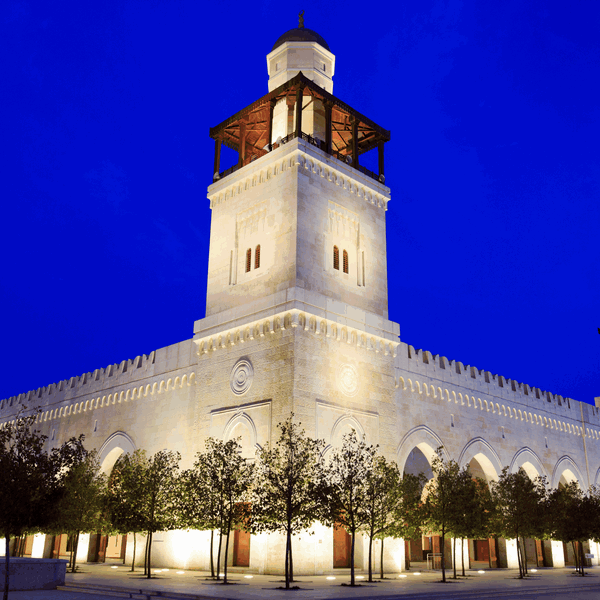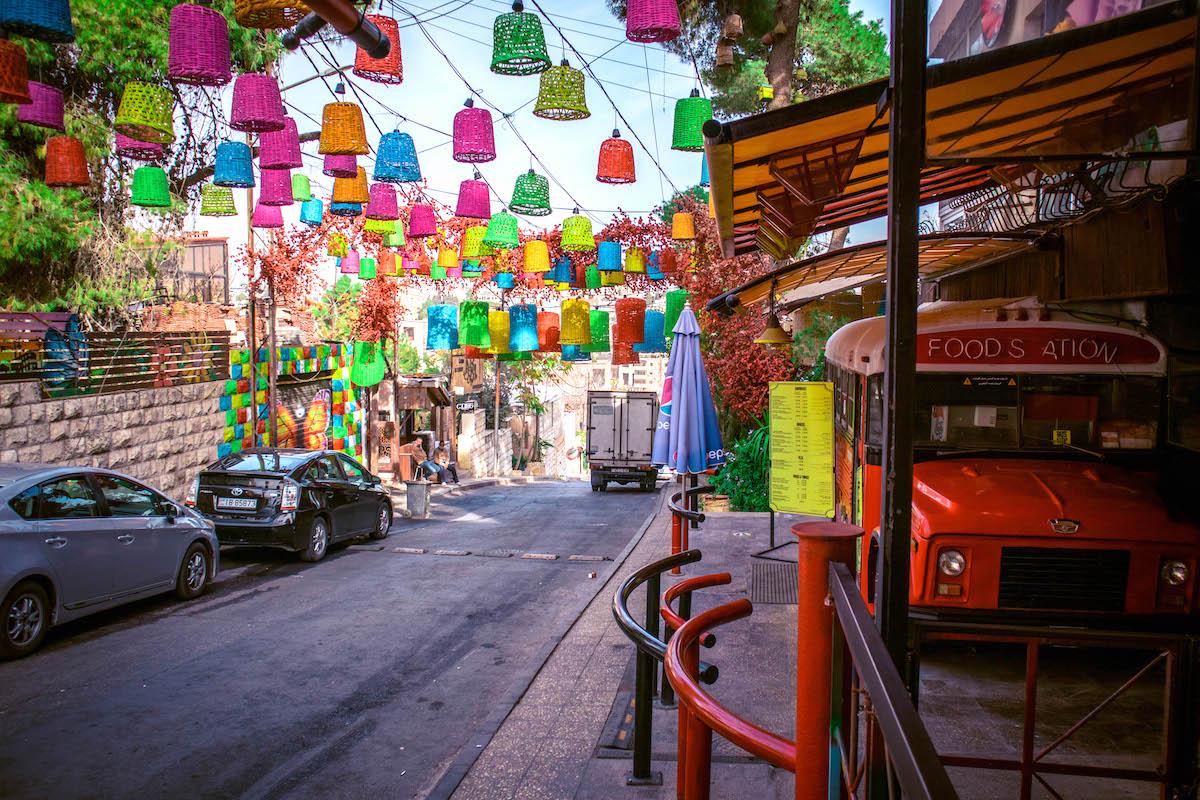The Olive Tree: Why Jordan is Famous for Its Olives
The olive tree has been a symbol of peace, prosperity, and abundance since ancient times. In Jordan, the olive tree has played a crucial role in the country’s economy, culture, and cuisine. Jordan is one of the largest producers of olives in the Middle East, and its olives are prized for their quality and taste.
The olive tree is native to the Mediterranean region, and Jordan’s climate and soil are ideal for its cultivation. The country’s warm, sunny days and cool nights provide the perfect conditions for olives to grow and ripen. Jordanian olives are known for their rich, fruity flavor and high oil content, making them ideal for both table olives and olive oil production.
Jordanian olives come in a variety of sizes, shapes, and colors, from small green olives to large, plump black olives. Some of the most popular varieties include Souri, Nabali, and Kalamata. Souri olives, also known as Syrian olives, are small and green, with a slightly bitter taste. Nabali olives, also called Baladi olives, are larger and have a fruity, buttery flavor. Kalamata olives, originally from Greece, are now widely grown in Jordan and have a distinct purple-black color and a rich, meaty flavor.
Olive trees have been cultivated in Jordan for thousands of years, and they have played an important role in the country’s history and culture. The ancient city of Jerash, for example, was known for its olive oil production, and olive trees are mentioned in the Bible and the Quran. Olive oil is used extensively in Jordanian cuisine, from drizzling over salads and vegetables to cooking meat and fish. It is also used for medicinal purposes, as it is believed to have numerous health benefits.
In addition to its culinary and cultural significance, olives are an important part of Jordan’s economy. The olive industry employs thousands of people, from farmers to harvesters to processors. Jordanian olives are exported all over the world, including to Europe, the United States, and the Middle East.
If you’re interested in learning more about Jordan’s olives and olive oil, there are numerous tours and tastings available throughout the country. You can visit olive groves, see how olives are harvested and processed, and taste different varieties of olives and olive oils. You can also visit local markets and shops to buy olives and other olive products, such as olive soap and olive wood products.
In conclusion, the olive tree is an integral part of Jordan’s history, culture, and economy. Jordan’s climate and soil provide the perfect conditions for olives to grow and ripen, resulting in some of the best olives in the world. Whether you’re a food lover, a history buff, or a nature enthusiast, a trip to Jordan’s olive groves is an experience not to be missed.





